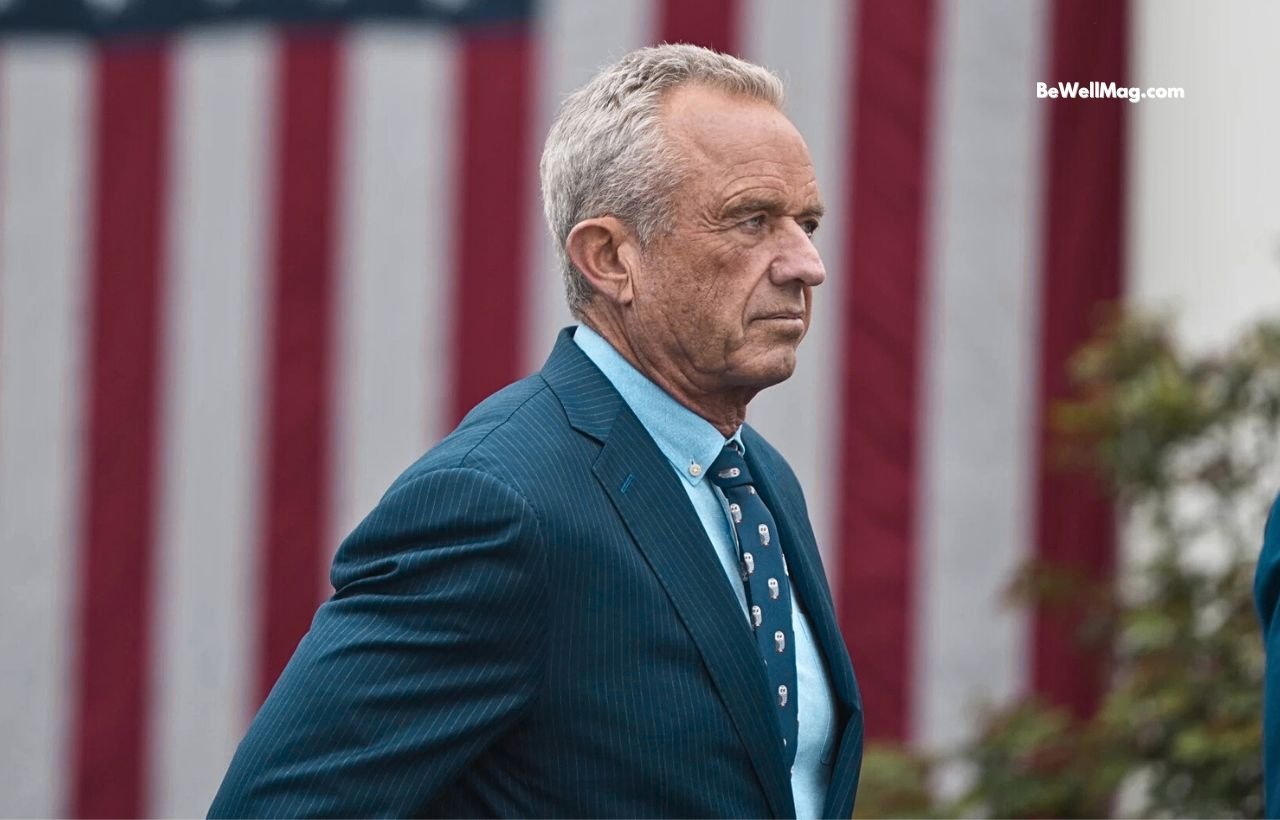Now Reading: RFK Jr.’s MMR Vaccine Support Sparks Backlash Amid Measles Outbreak
- 01
RFK Jr.’s MMR Vaccine Support Sparks Backlash Amid Measles Outbreak

RFK Jr.’s MMR Vaccine Support Sparks Backlash Amid Measles Outbreak
RFK Jr.’s MMR vaccine backing amid heated backlash fuels debates on measles outbreak, measles symptoms, and public health policy. Expert insights inside. – More.
Why the Controversy?
In today’s fast-paced news cycle, one endorsement can spark significant debate. RFK Jr.’s support for the shot aimed at preventing measles, mumps, and rubella has prompted both praise and criticism. While many applaud the emphasis on scientific backing, others express doubts based on his previous statements. This controversy encourages a broader discussion on how celebrity views can influence public perceptions about disease prevention.
Historical Perspective and Shift in Stance
RFK Jr. has been a prominent figure in discussions about vaccines for years. Known for his earlier critical stance toward mainstream immunization strategies, his new viewpoint marks a notable shift. The MMR regime has long been recognized as a safe and effective method to control illnesses that once caused severe health crises. However, past controversies—such as unfounded links to autism—led to hesitancy among some groups. With measles cases rising in certain regions, this updated position arrives as a timely reminder of the importance of well-supported health measures.
Understanding the Disease: What Is Measles?
Measles is a viral infection that spreads through the air, causing symptoms like high fever, dry cough, watery eyes, and a rash. These signs, often termed as measles symptoms, help in early detection and are critical for prompt treatment. Because the virus spreads rapidly, especially in poorly immunized groups, maintaining high vaccination rates is essential to prevent a sudden surge in cases—a situation often referred to as an outbreak.
- Measles: A contagious viral illness that requires high community immunity for prevention.
- Measles Symptoms: The typical signs of infection such as fever, cough, and rash, which aid in timely diagnosis.
What Triggers an Outbreak?
An “outbreak” is characterized by an unexpected climb in infection cases within a community. In the context of measles, an outbreak frequently occurs when vaccination coverage drops below a critical threshold. This condition not only puts public health systems under stress but also increases the risk of severe complications among affected individuals. Discussions around outbreaks highlight the need for continuous monitoring and proactive immunization strategies to manage community health effectively.
- Measles Outbreak: A sudden spike in measles cases usually following a lapse in vaccination efforts.
- Outbreak: A term used to describe an above-normal increase in disease incidence that requires urgent intervention.
Current Developments and Public Reaction
The response to RFK Jr.’s endorsement has been swift. On digital platforms, audiences are debating whether his support could reinforce confidence in vaccination initiatives or, conversely, alienate his previous followers. Many health professionals view this shift as an opportunity to reemphasize the safety and effectiveness of the MMR shot, potentially reducing the risk of a dangerous rise in measles cases. Others, however, see the change as inconsistent with earlier views, fueling further debate and intense criticism.
This dynamic response illustrates the challenges of aligning celebrity influence with public health goals. The varied reactions demonstrate the importance of clear, evidence-based communication when addressing sensitive topics like infectious disease control.
Insights from Experts and Data Trends
Health analysts consistently indicate that sustained high immunization rates are key to suppressing measles and controlling outbreaks. Recent studies confirm that administering the MMR shot has dramatically decreased infection rates and prevented complications. Although enhanced public messaging around vaccine success stories is vital, experts stress that success depends on consistent community efforts—outside of any one individual’s influence.
While RFK Jr.’s support may boost confidence temporarily, experts suggest that ongoing educational initiatives and transparent data sharing are crucial for long-term impacts. There is a consensus that reducing vaccine hesitancy requires a balanced approach that avoids overreliance on any single figure.
Looking Ahead: Future Trends in Public Health Messaging Regarding MMR Vaccine
The current debate may set the stage for future strategies in health communication. As traditional and digital media continue to shape public opinion, policymakers and health officials are increasingly turning to comprehensive outreach efforts. These initiatives look to combine social influence with robust scientific evidence to address both sporadic outbreaks and the broader challenge of vaccine misinformation.
Looking to the future, improved community engagement and tailored educational campaigns will likely play a pivotal role in preventing further spikes in measles cases. By emphasizing the real-world benefits of immunization and demystifying the disease’s symptoms and transmission, public health leaders hope to foster a more informed and resilient populace.
Conclusion
RFK Jr.’s endorsement of the MMR immunization has sparked an important dialogue about public confidence in vaccines and the strategies required to prevent measles outbreaks. While the reaction has been divided, the situation underscores the need for clear and balanced public health communication. Experts agree that successful prevention hinges on both robust immunization programs and the effective dissemination of accurate information about measles, its symptoms, and the risk of outbreaks.
Disclaimer: This content is for informational purposes only and is not a substitute for professional advice.











